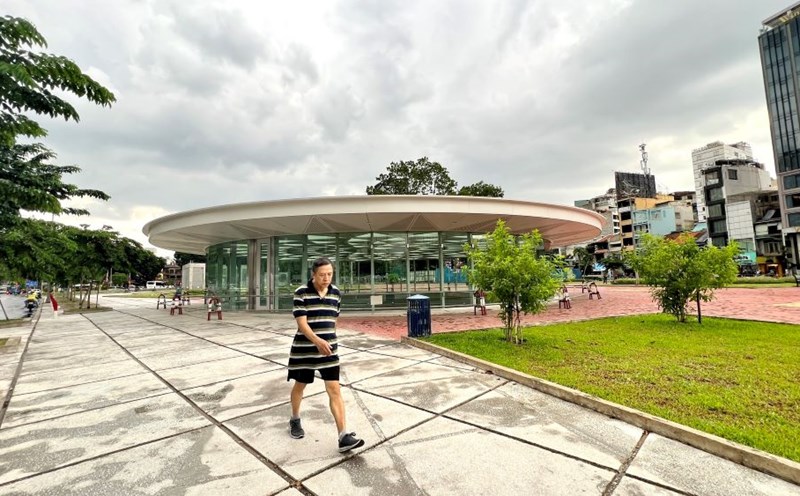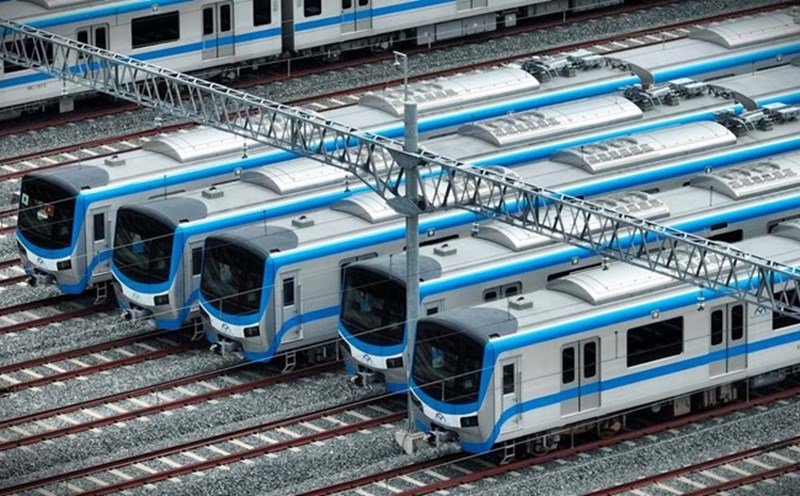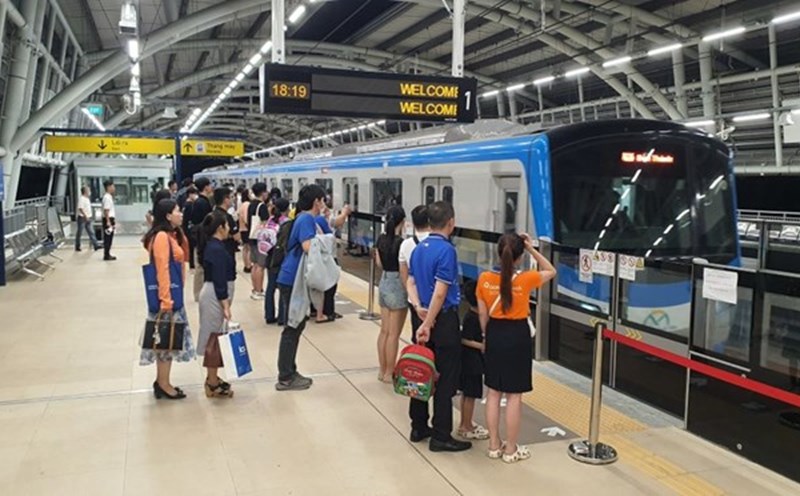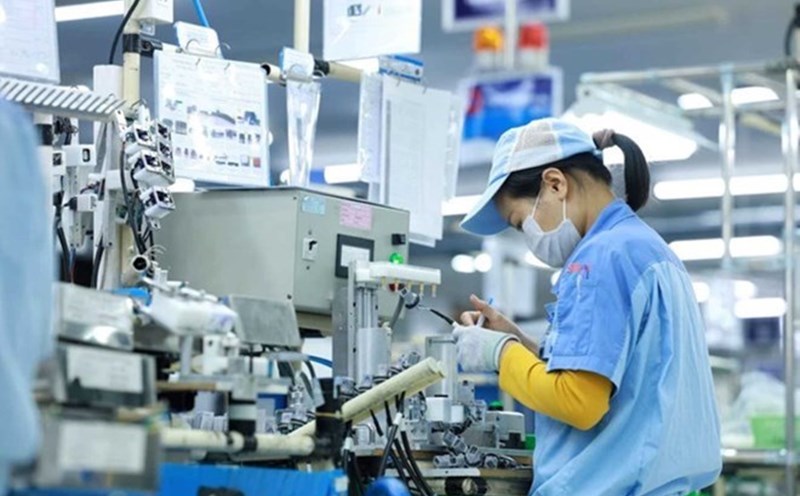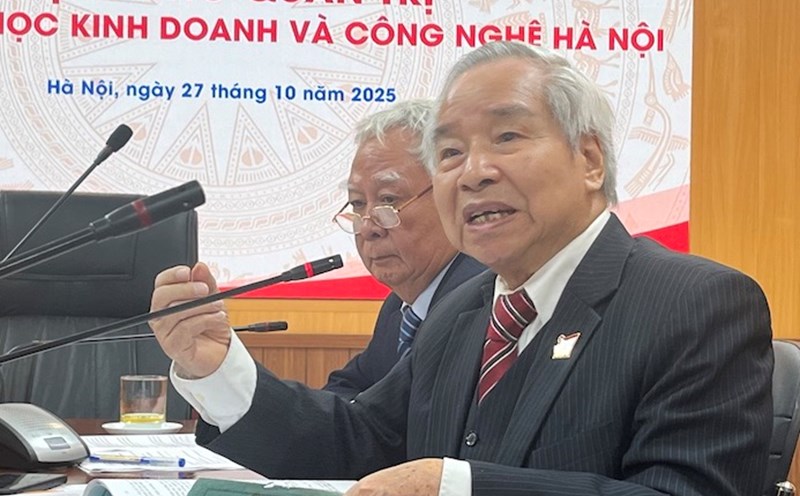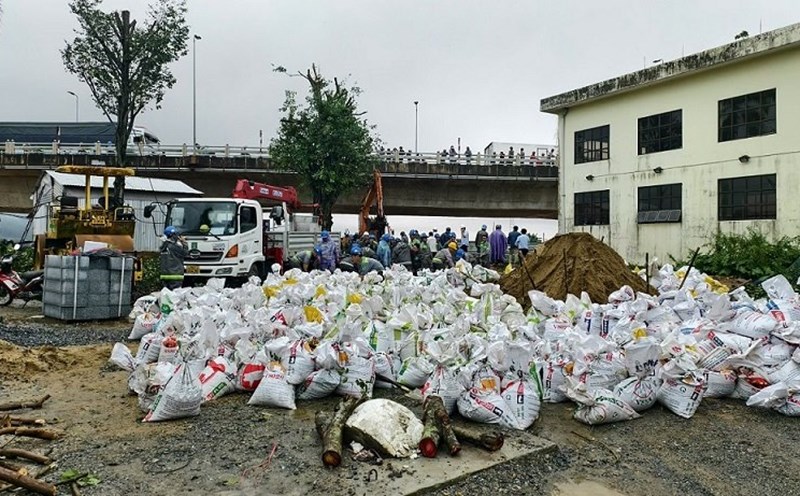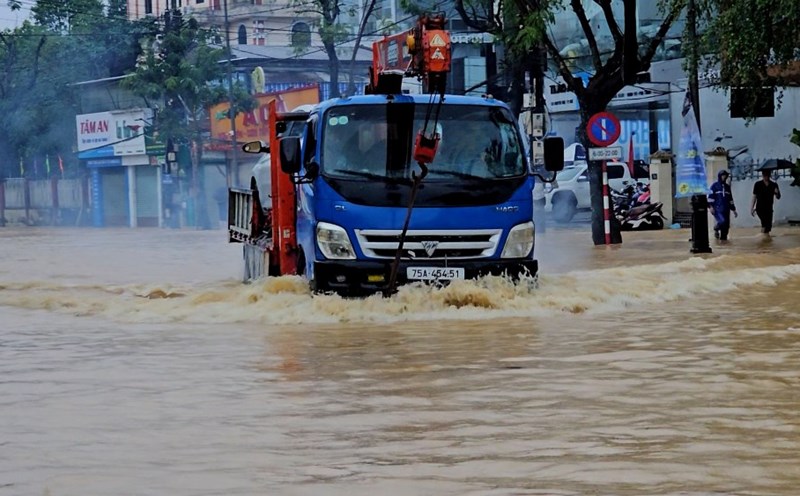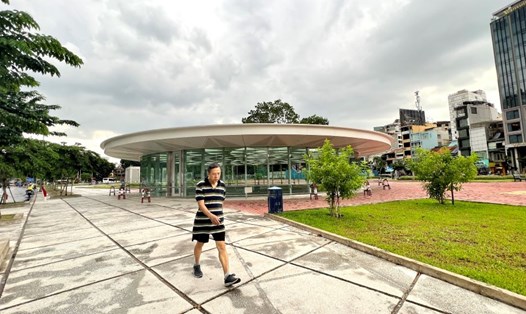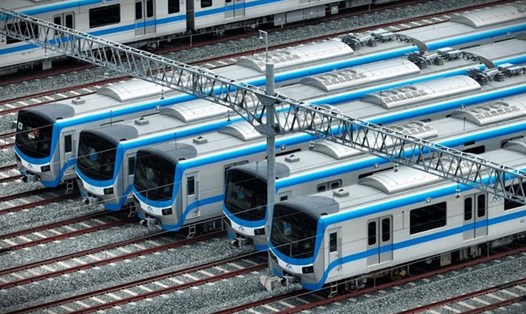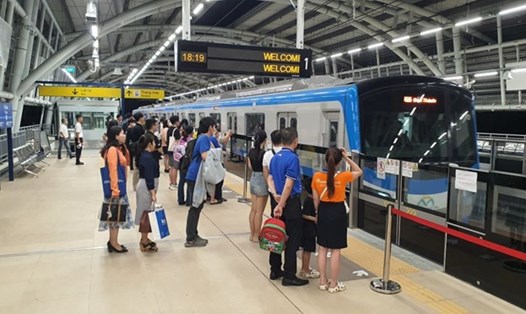On October 29, Ho Chi Minh City Urban Railway Company No. 1 (HURC1) said that from November 1, 2025, Thao Dien, An Phu, Binh Thai, Thu Duc stations and the High-Tech Park will stop selling paper tickets containing QR codes at ticket counters.
Previously, 6 stations had stopped selling paper tickets, including: City Theater, Ba Son, Van Thanh, Tan Cang, Phuoc Long and Rach Chiec. Thus, up to now, 11 out of 14 Metro No. 1 stations have stopped selling this type of ticket.
According to HURC1, passengers can buy tickets via ticket vending machines, automatic ticket kiosks or pay by bank card, e-wallet and HCMC Metro HURC application.
Also according to HURC1, after a 3-month pilot period (from August 1 to October 31, 2025), from November 1, Metro No. 1 will officially allow passengers to bring their personal bicycles onto the train.
Bicycles must be folded, stored in bags, not used in the station area and on trains. The size does not exceed 120x70x40cm, ensuring no obstruction of other passengers and safe operation.
Also from November 1, HURC1 deployed a monthly ticket registration process for students taking Metro Line 1 with 3 steps:
Step 1: Register for priority subjects on the Ho Chi Minh City Digital Citizen application.
Step 2: Go to one of the 4 stations (City Theater, Tan Cang, Phuoc Long, National University) to link the chip-embedded Citizen ID card on the HCMC Metro HURC application and present a student card and a study confirmation for staff to authenticate.
Step 3: After being authenticated, passengers can buy student monthly tickets on the HCMC Metro HURC application and use their Citizen ID card to board the train.
If during the use period the Citizen ID card is lost or has not been reissued, you can use the QR code on the application to continue traveling by train.
Metro Line 1 has been in commercial operation since December 2024, with an average output of 53,440 passengers/day, peak hours reaching 7,497 passengers/hour/way.
To date, Metro Line 1 has served about 14 million passengers.
Ho Chi Minh City assessed that Metro No. 1 has promoted investment efficiency, contributing to the formation of a green, clean, modern, and locally-powered transportation model, meeting the travel needs of people and tourists, and at the same time opening an important turning point in the sustainable development of public transport in the city.

